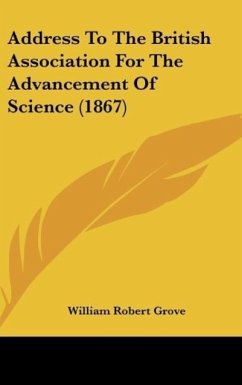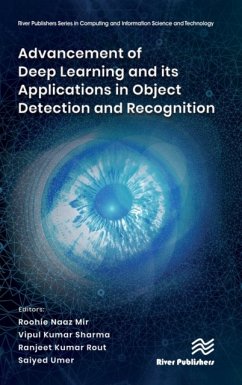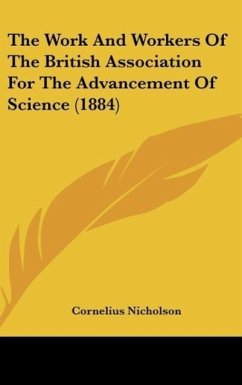
The Advancement Of Learning

PAYBACK Punkte
7 °P sammeln!
"The Advancement of Learning" is a philosophical treatise written by Francis Bacon in 1605. The book is divided into two parts, each of which explores the nature of knowledge and its relationship to human progress. In the first part of the book, Bacon argues that knowledge is the key to human progress and that the pursuit of knowledge should be the central goal of society. He advocates for a new method of inquiry based on empirical observation and experimentation, which he calls the "new method." The second part of the book provides a detailed analysis of the state of knowledge in various fiel...
"The Advancement of Learning" is a philosophical treatise written by Francis Bacon in 1605. The book is divided into two parts, each of which explores the nature of knowledge and its relationship to human progress. In the first part of the book, Bacon argues that knowledge is the key to human progress and that the pursuit of knowledge should be the central goal of society. He advocates for a new method of inquiry based on empirical observation and experimentation, which he calls the "new method." The second part of the book provides a detailed analysis of the state of knowledge in various fields, including theology, philosophy, and natural science. Bacon argues that many of the accepted ideas in these fields are based on outdated or flawed thinking, and that a new approach is needed to unlock the full potential of human knowledge. Throughout the book, Bacon emphasizes the importance of practical knowledge and its application to solving real-world problems. He argues that knowledge should not be pursued for its own sake, but rather as a means of improving the human condition and advancing civilization. Overall, "The Advancement of Learning" is a seminal work in the history of philosophy and science. It laid the groundwork for the scientific method and the Enlightenment, and its ideas continue to influence the way we think about knowledge and progress today.













